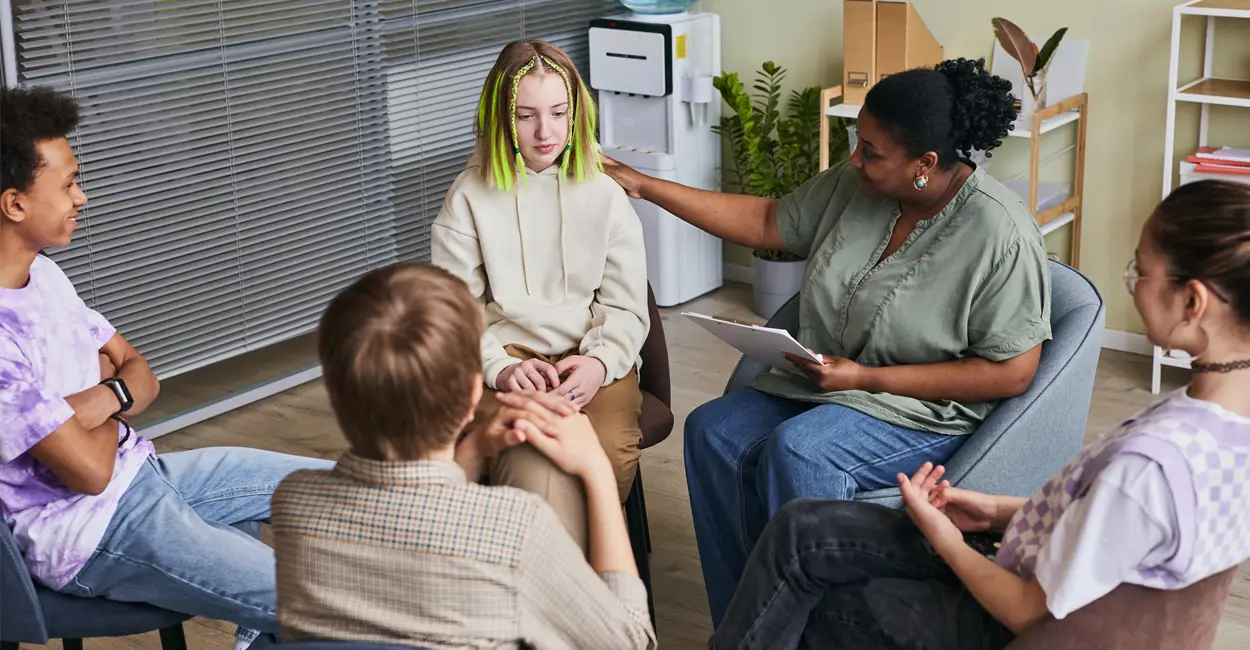24/7 Helpline:
(866) 899-221924/7 Helpline:
(866) 899-2219
Learn more about PTSD Treatment centers in Pleasant Unity
PTSD Treatment in Other Cities

Other Insurance Options

Providence

Absolute Total Care

State Farm

MVP Healthcare

Self-pay options

Carleon

Health Net

Highmark

Magellan Health

UMR

Group Health Incorporated

PHCS Network

Private insurance

Ambetter

Regence

Health Choice

Aetna

AllWell

Holman Group

GEHA

















